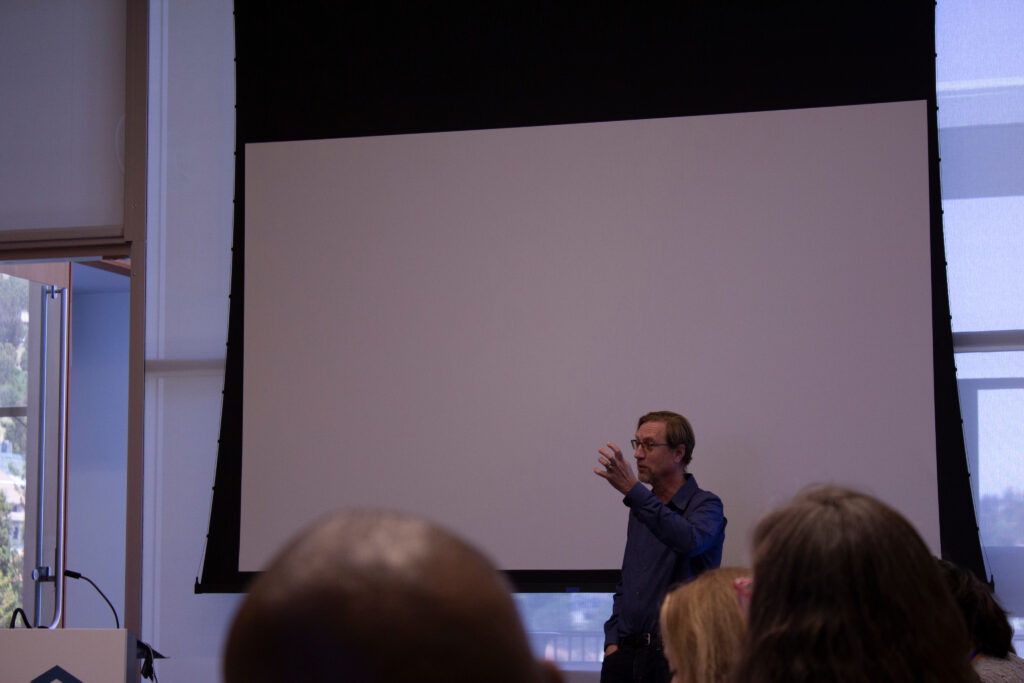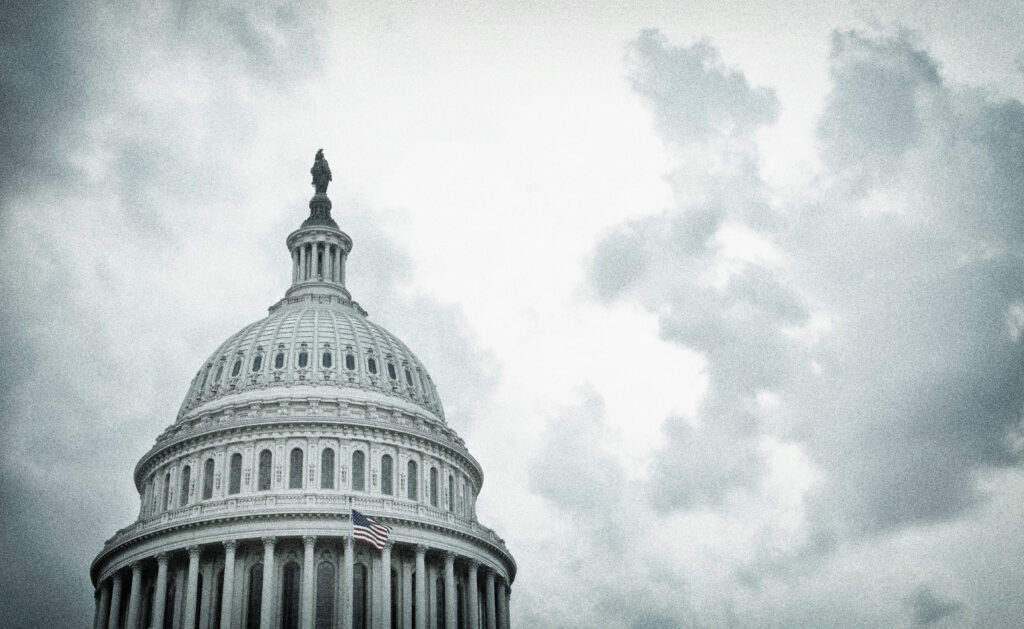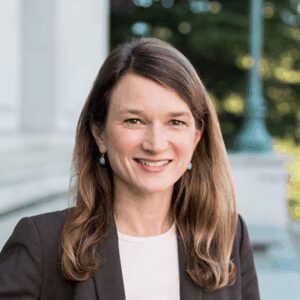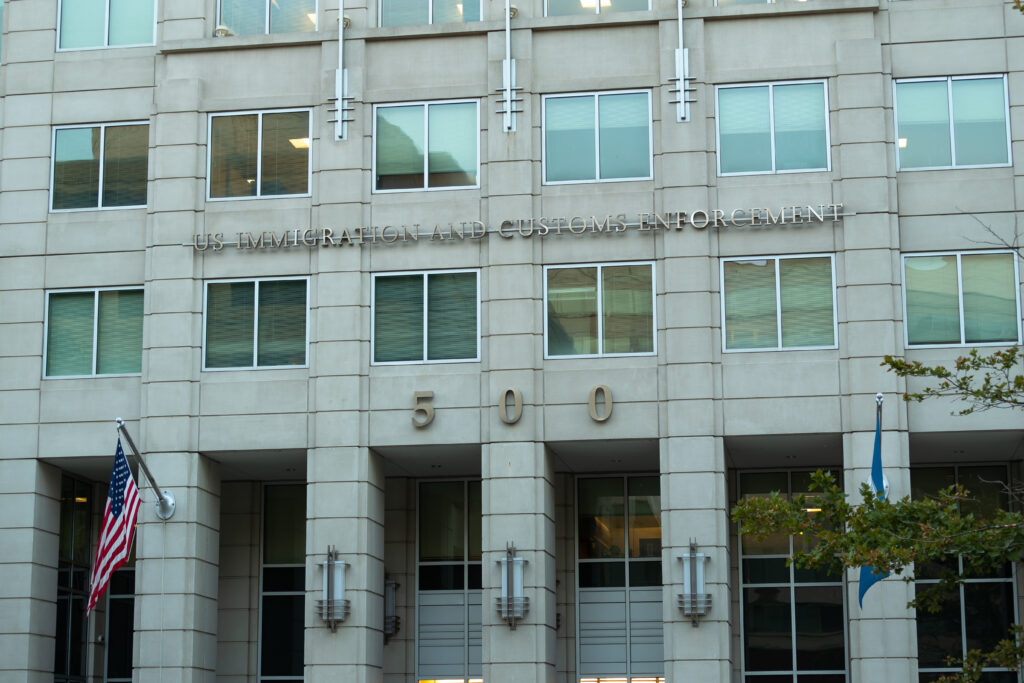July 22, 2025
In a July 2025 article for the journal Perspectives on Politics, political science Ph.D. student and BESI graduate student researcher Sarang Shah and Tufts political science professor Eitan Hersh report on the results of a survey of business leaders and the mass public. They find that while the public cares very little about corporate leader engagement, business leaders would like to see active engagement on issues from their firms, albeit from behind the scenes.





























